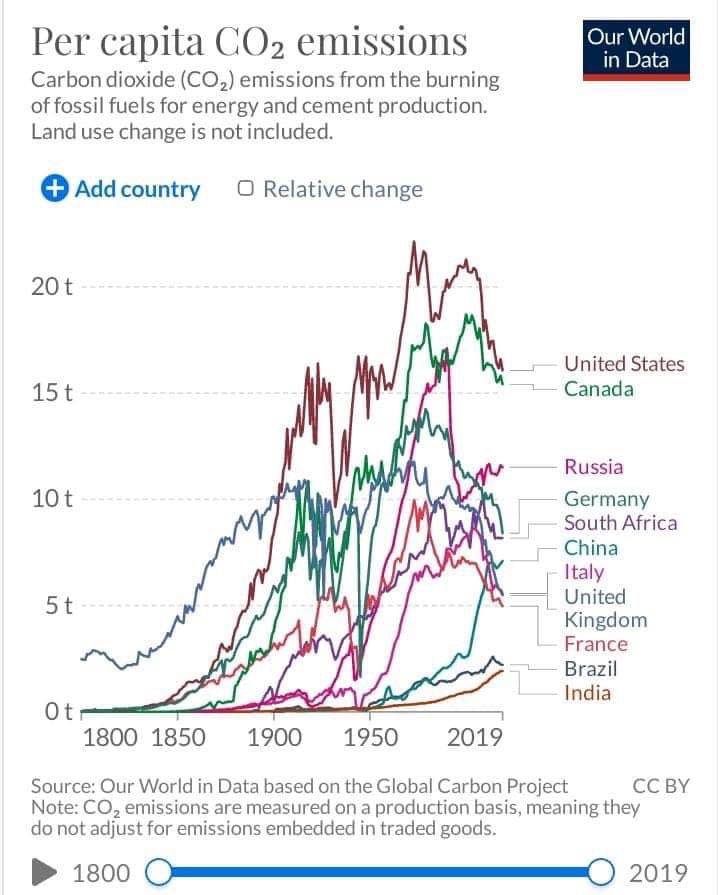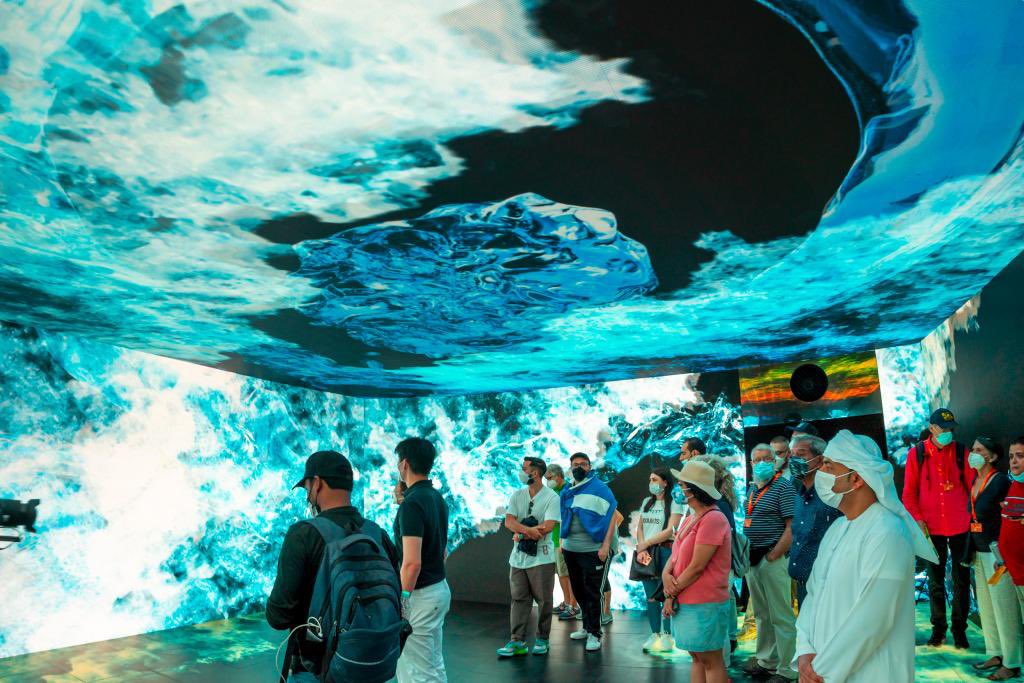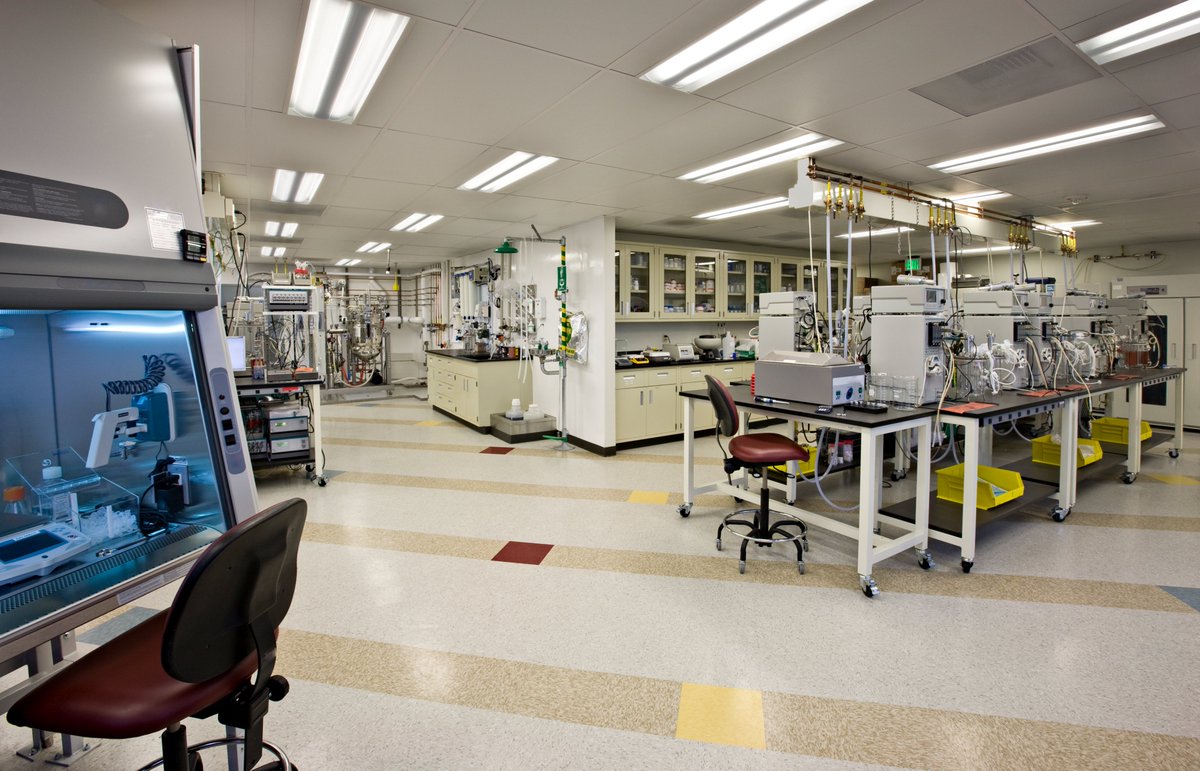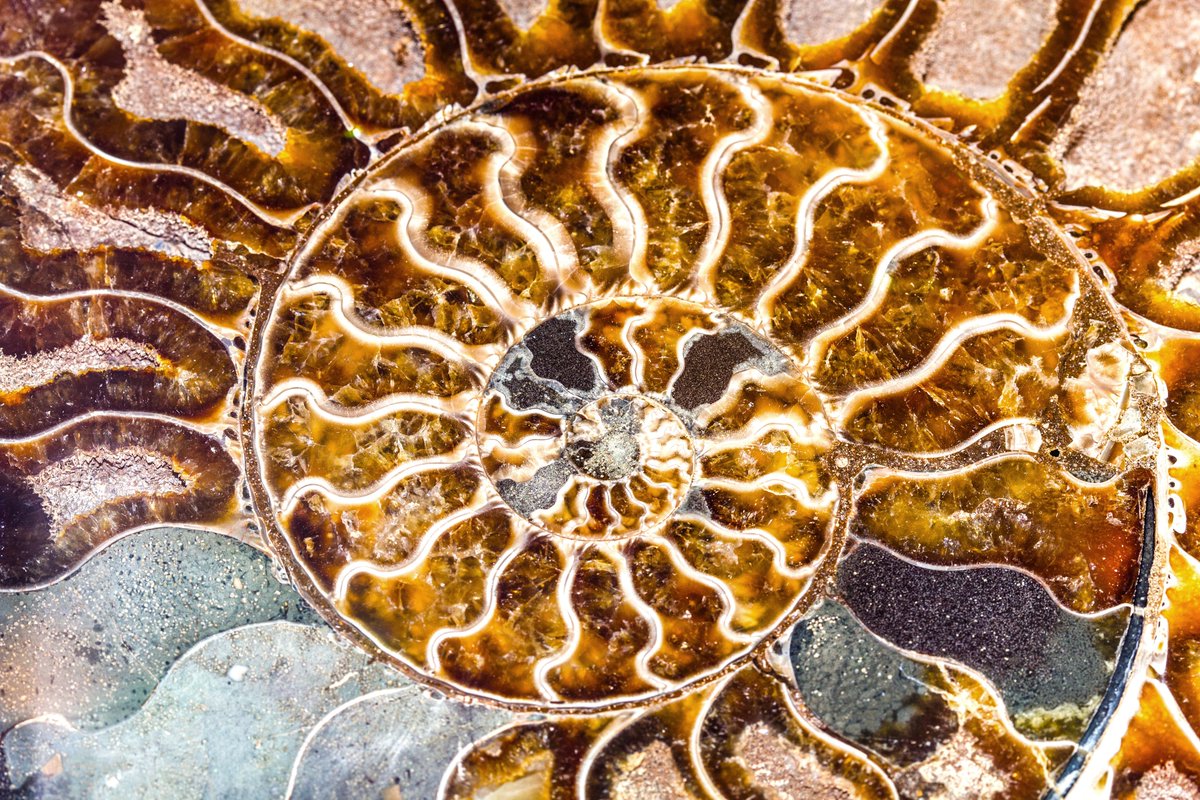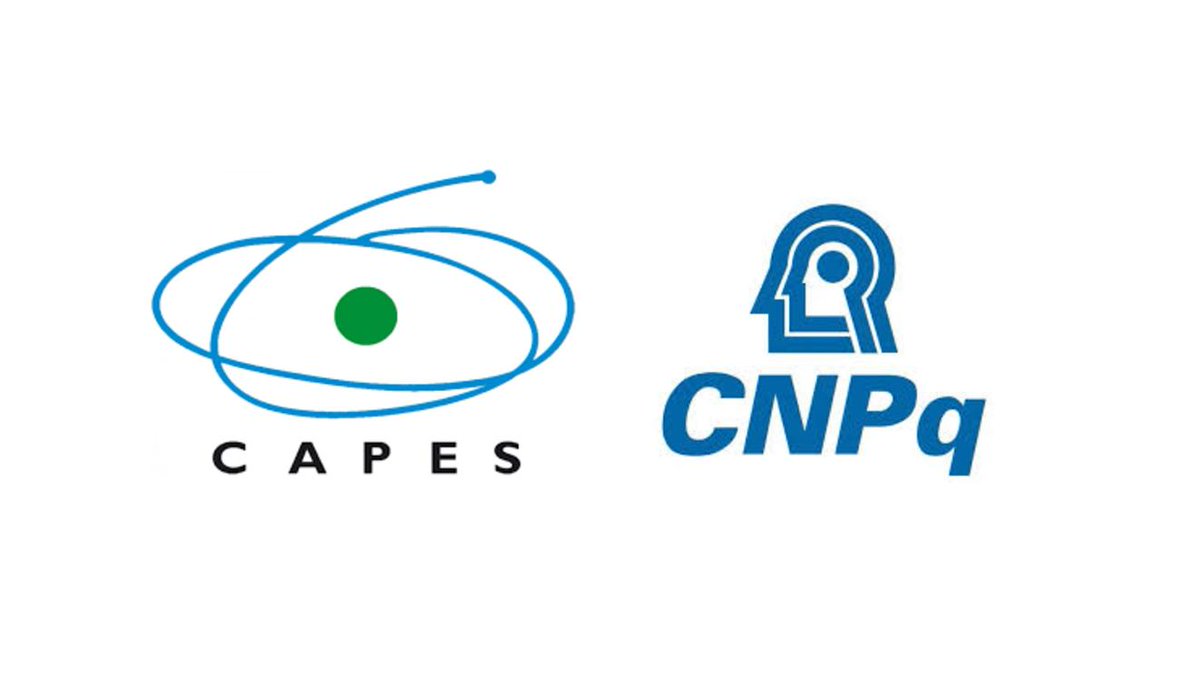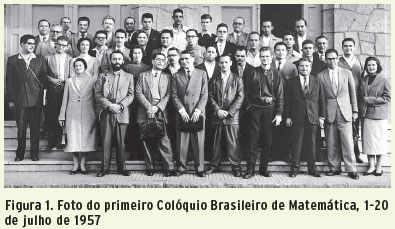
When considering major issues such as global climate and environment, we find it very important to establish solid facts regarding Brazil’s track record and strong sustainable development credentials.
Firstly, 60% of Brazilian vegetation is primeval; it is now as it has been since time immemorial, and as it was in the time of the European settlers. These well-established figures are acknowledged by the World Bank, OECD and the UN Food and Agriculture Organization. 

Brazil also has some of the strictest environmental laws in the world, which allows for the protection of the Amazon and the other diverse biomes of our country. For this reason, Brazilian farmers can never touch 20% of their own lands, or even up to 80% in forested areas. 
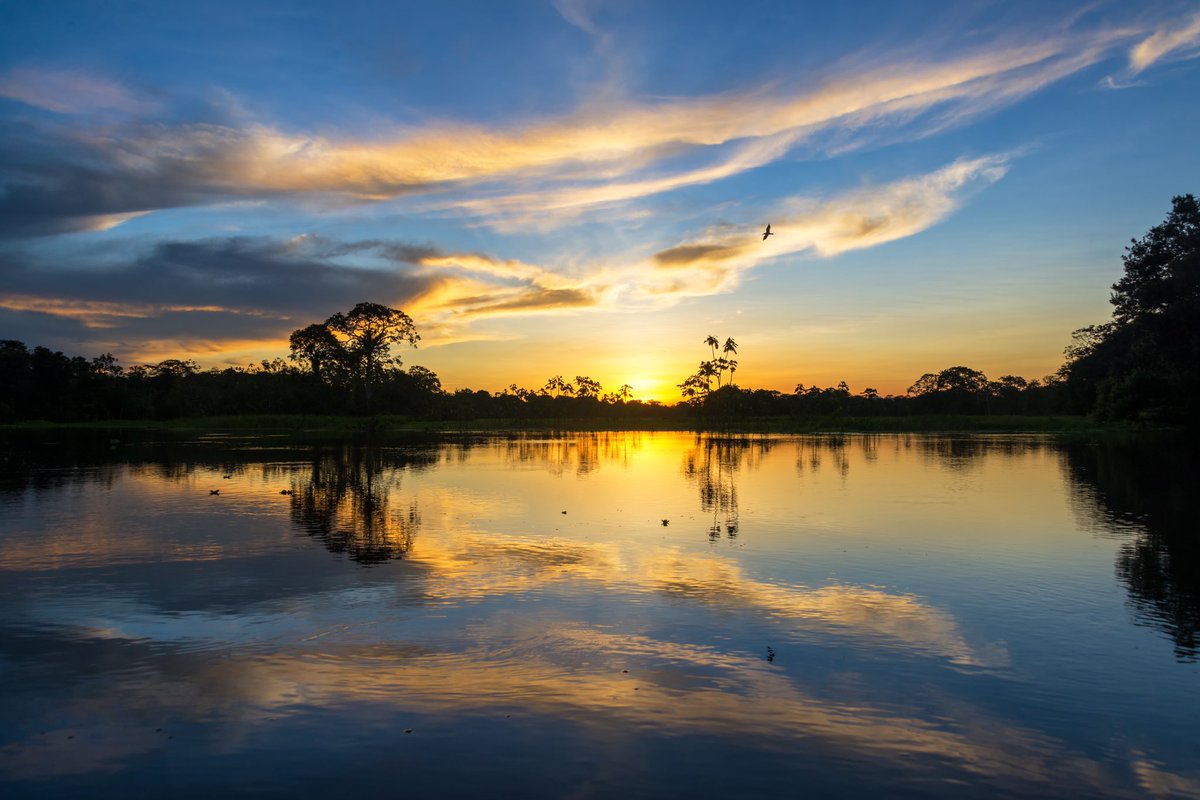
As a result, farmers have been incentivized to invest in cutting-edge technology, research and other means of combining the powerful production needed to feed more than 1 billion people with sustainable practices. This legislation has been praised worldwide, including by the OECD 
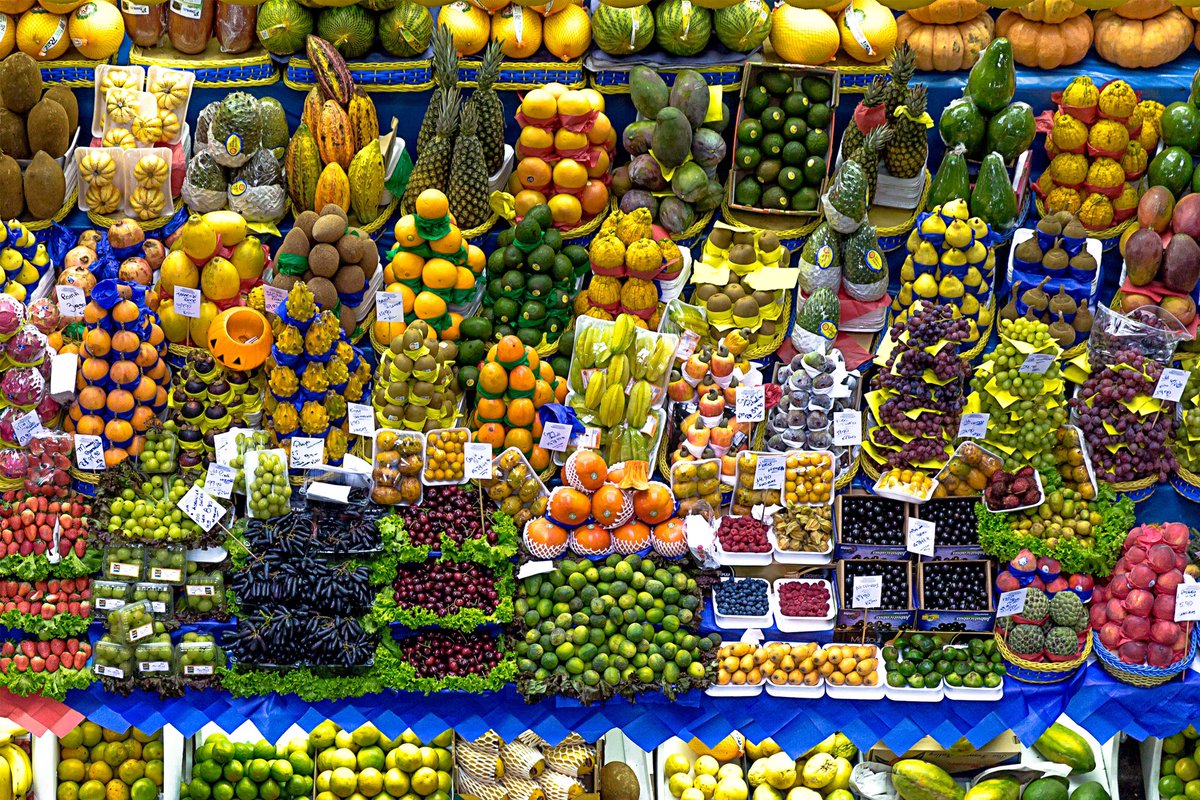
Our country is an environmental superpower in terms of preservation and working towards conservation. Brazil also aims for lawfulness and transparency in agribusiness - which mixes outstanding productivity rates with a small footprint, occupying less than 30% of our territory. 

When it comes to clean energy, Brazil outranks every other major economy, having the cleanest renewable energy matrix of the G20. These unique and remarkable figures have been checked by OECD, Enerdata, UNEP-WCMC, JRC, FAO GAUL and VLIZ. 

Brazil has effectively reduced its emissions, paving the way to have 84% of its electricity grid come from renewable energy sources such as biomass, wind, solar and hydroelectric power; and it will keep working towards meeting the goals for the climate agenda. 

Brazil is the fifth largest country in the world, and the sixth most populous, yet our nation accounts for less than 1% of historic CO2 global emissions and for less than 3% of yearly CO2 global emissions. You can verify this data in Our World in Data and Climate Watch Data. 
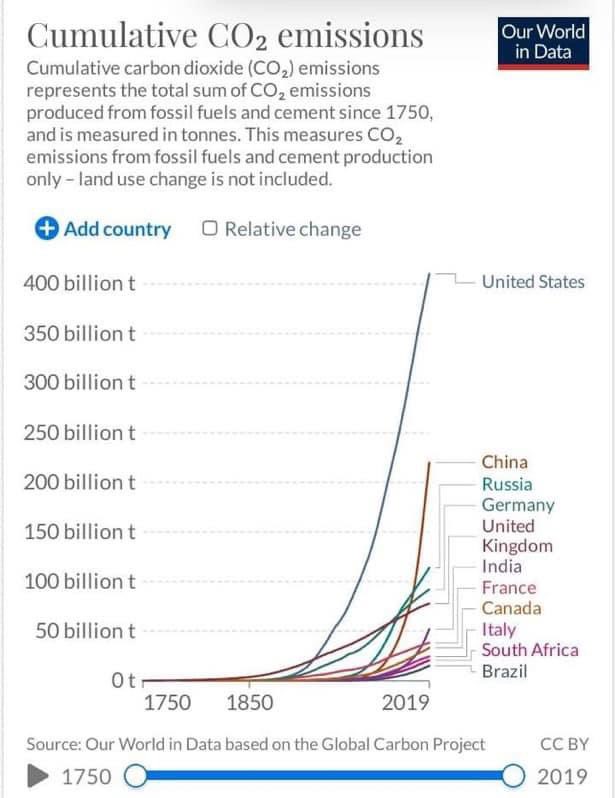
Brazil’s commitment to sustainable development also involves an Urban Environmental Agenda. The government of Brazil is putting a lot of hard work into promoting greener cities and bringing clean water and air to millions of Brazilians living in highly populated urban centers. 
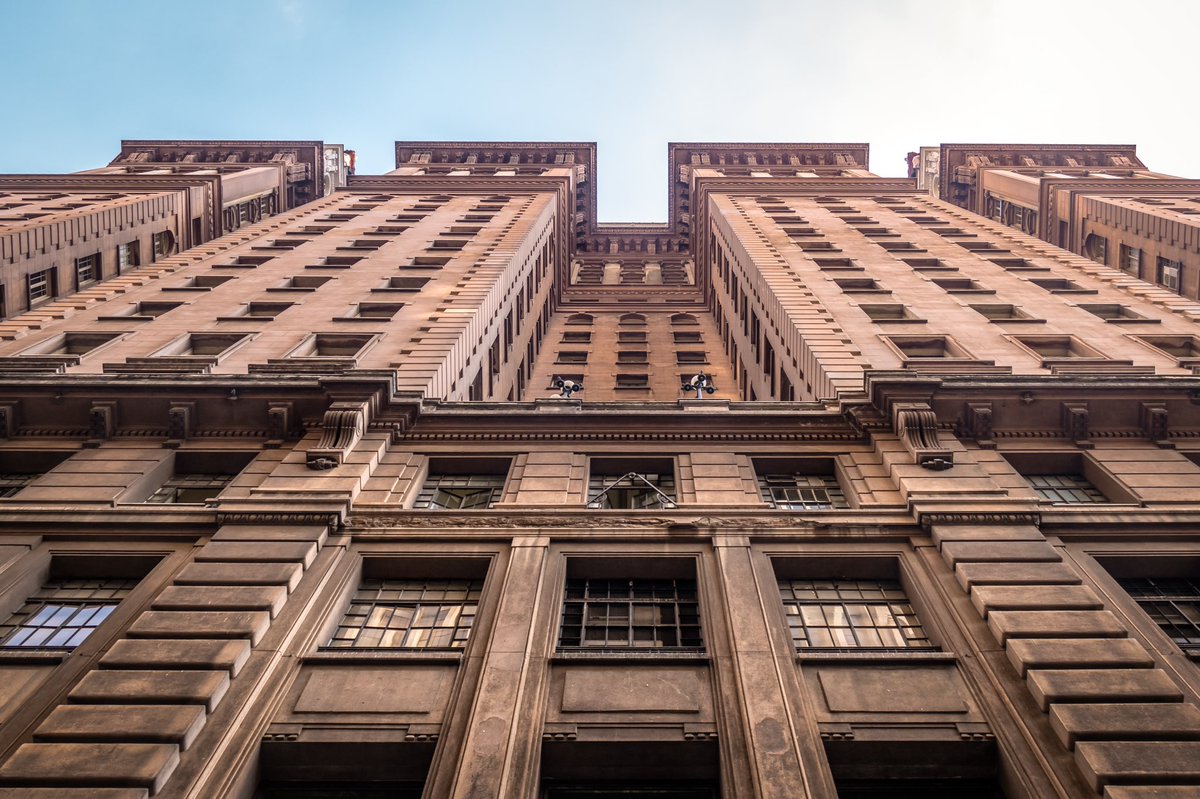
Today, almost 35 million Brazilians have no clean water supply, and almost half of the population has no wastewater collection. A new regulatory framework for basic sanitation has been introduced to tackle these ongoing crises. 

At COP 26 last year, Brazil delivered a decisive message when announcing her new climate goals:
- Carbon neutrality by 2050
- 50% GHG reduction by 2030
- End illegal deforestation by 2028
- Reforesting 44.46 million acres of vegetation by 2030
#IndependenceForLife
#Bicentennial
- Carbon neutrality by 2050
- 50% GHG reduction by 2030
- End illegal deforestation by 2028
- Reforesting 44.46 million acres of vegetation by 2030
#IndependenceForLife
#Bicentennial
• • •
Missing some Tweet in this thread? You can try to
force a refresh

